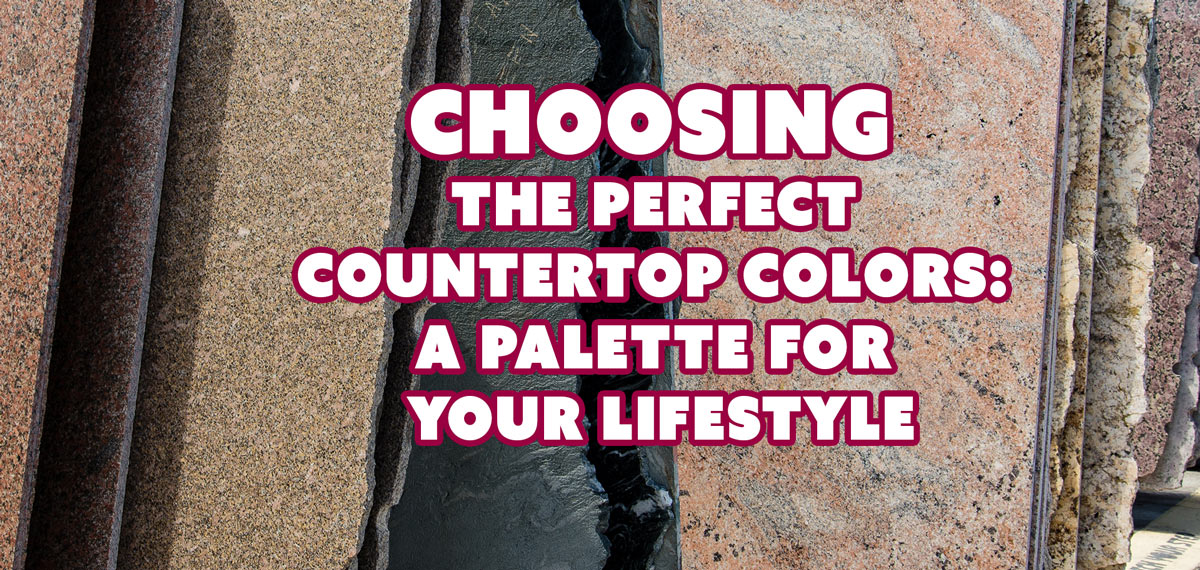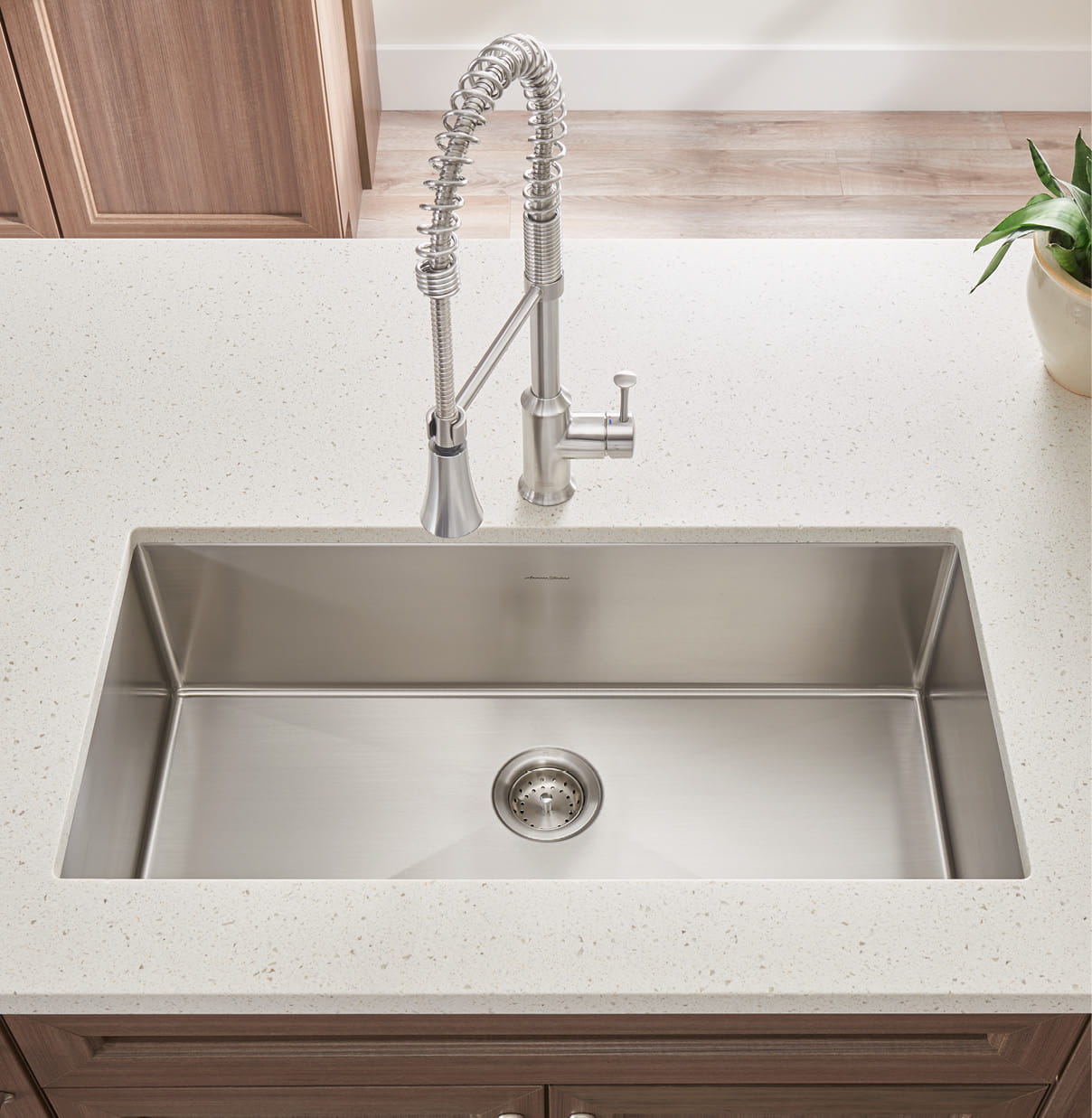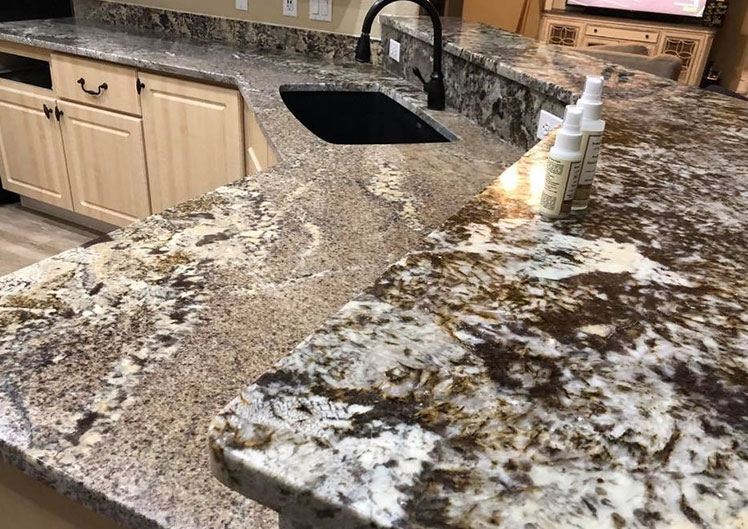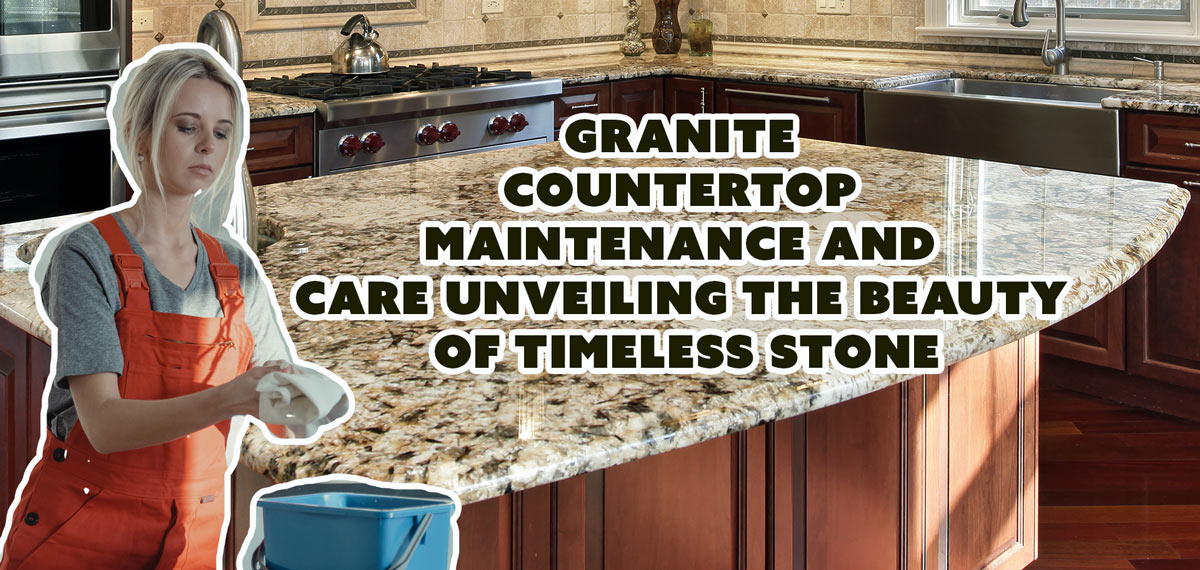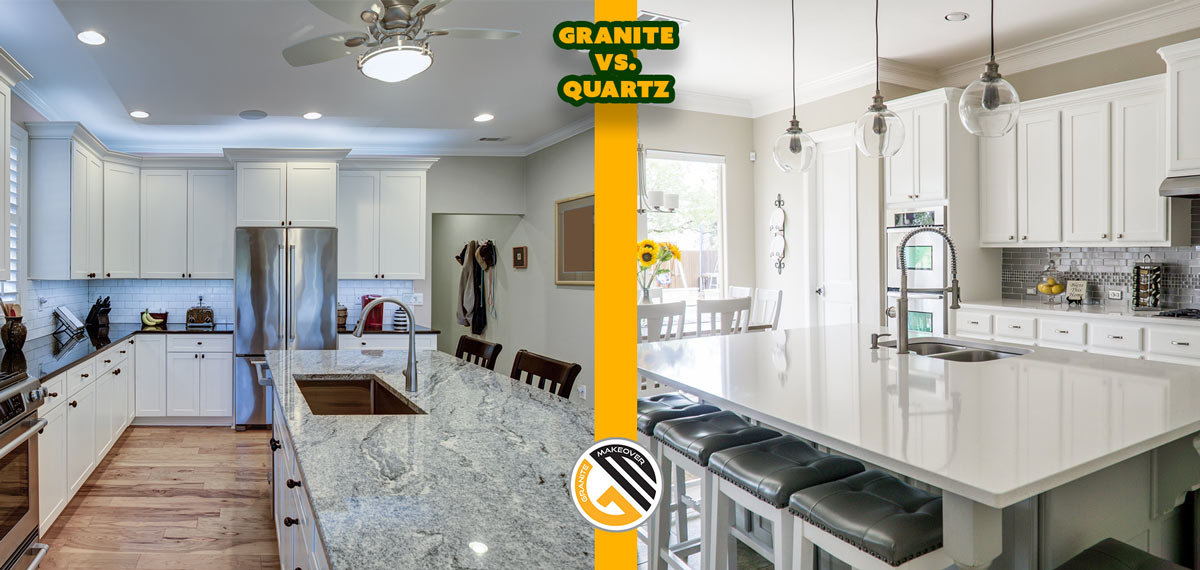Pros and Cons of the new procelain slabs for countertops.
Granite Makeover, Pros and Cons of the new procelain slabs for countertops.
Porcelain slabs for countertops are a relatively new and innovative option that has gained popularity in the world of kitchen and bathroom design.
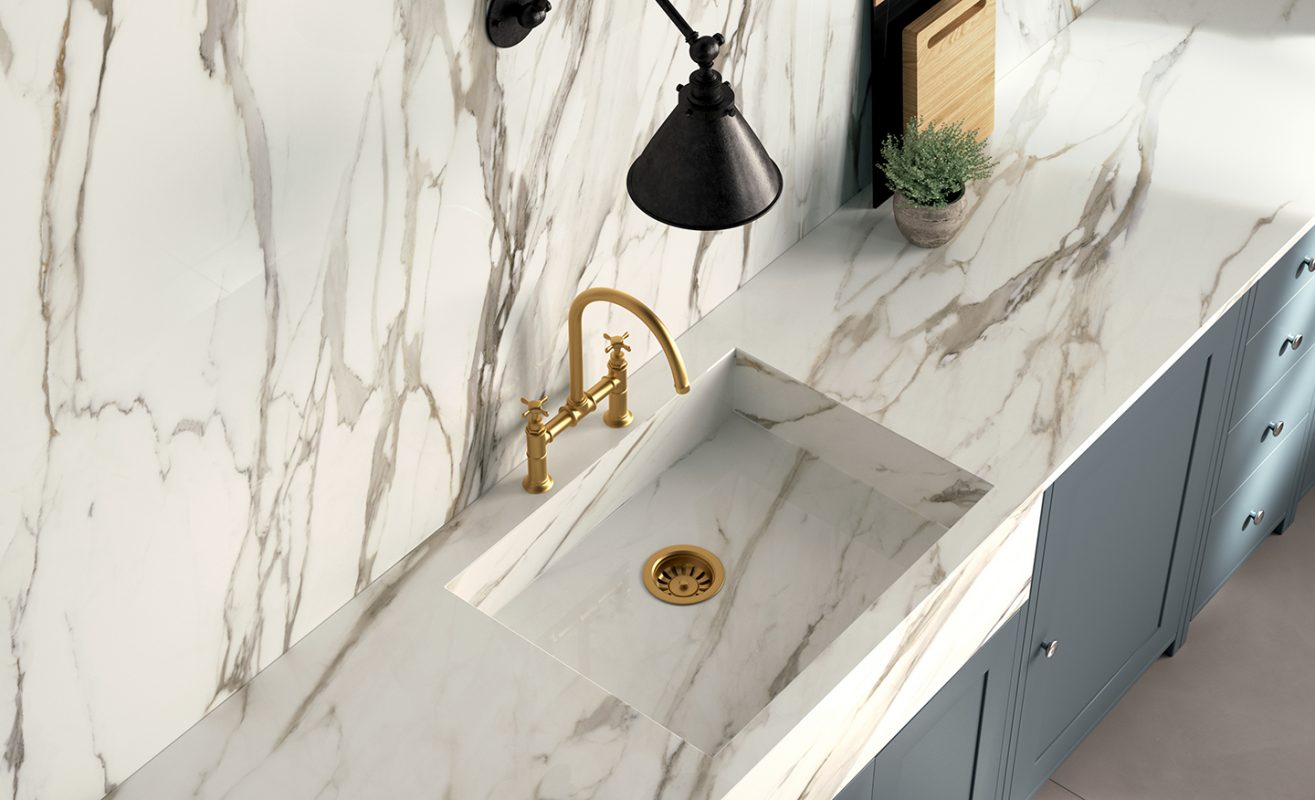
Like any material, they come with their own set of advantages and disadvantages. Here are the pros and cons of using porcelain slabs for countertops:
Pros of Porcelain Slabs for Countertops:
Durability:
Porcelain is incredibly durable and resistant to wear and tear. It can withstand high levels of traffic, making it suitable for kitchens and bathrooms.
Heat Resistance:
Porcelain slabs are highly heat-resistant. You can place hot pots and pans directly on the surface without damaging it.
Stain Resistance:
Porcelain is non-porous, making it resistant to staining. This makes it easy to clean and maintain.
Scratch Resistance:
It is less likely to get scratched, maintaining its appearance over time.
Hygienic:
Porcelain is a hygienic surface that doesn't promote the growth of bacteria or mold, making it a safe choice for food preparation areas.
Design Versatility:
Porcelain slabs are available in a wide range of colors, patterns, and textures, including designs that mimic natural stone, wood, and other materials, providing various design options.
UV Resistance:
Porcelain is not susceptible to fading from exposure to sunlight, making it suitable for both indoor and outdoor applications.
Environmentally Friendly:
Many porcelain slabs are made from recycled materials and can be recycled at the end of their useful life, reducing their environmental impact.
Cons of Porcelain Slabs for Countertops:
I think the biggest issue is going to be cost.. This material requires additional training on how to hanlde transport and install this material. the chances of damage to the material during all steps pior to installation increase the potintial for damage and increase material costs.
Cost:
Porcelain slabs are relatively expensive and can be on par with or even more costly than natural stone options like granite or marble.
Installation Complexity:
Installing porcelain slabs can be more complex and may require professional expertise due to their weight and the need for precise cutting and leveling.
Brittleness:
While porcelain is highly durable, it can be brittle. A heavy impact can cause chipping or cracking, which may not be repairable.
Limited Edge Options:
Porcelain slabs typically have limited edge options compared to natural stone, which can limit your customization choices.
Seam Visibility:
In larger installations, seams may be visible due to the large slab size, affecting the overall appearance.
Weight:
Porcelain slabs are heavy, and not all cabinets can support the weight. This may require additional structural reinforcement during installation.
Fragile Edges:
The edges of porcelain slabs can be more prone to chipping, so care should be taken to protect them.
Porcelain slabs for countertops offer many benefits, including durability, heat resistance, and a wide range of design options.
However, their relatively high cost, potential for chipping, and the complexity of installation are factors to consider when deciding if they are the right choice for your project. It's crucial to weigh the pros and cons carefully and assess how they align with your specific needs and budget.
RELATED TOPICS

 Like any material, they come with their own set of advantages and disadvantages. Here are the pros and cons of using porcelain slabs for countertops:
Like any material, they come with their own set of advantages and disadvantages. Here are the pros and cons of using porcelain slabs for countertops:

